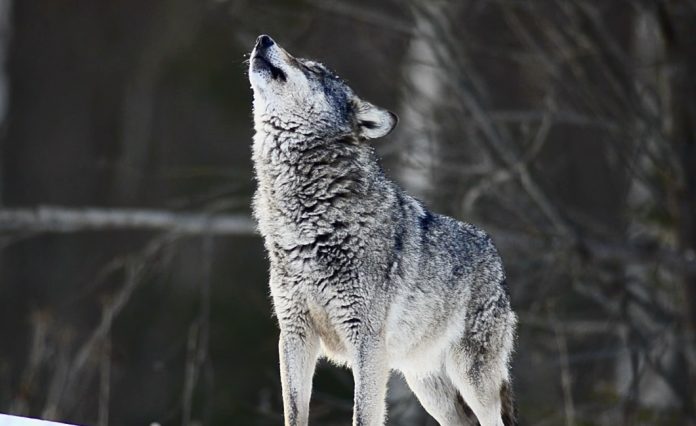
Take Action To Urge The U.S. Forest Service To Ban Shooting Wolves From Helicopters In Idaho
You can help all animals and our planet by choosing compassion on your plate and in your glass. #GoVeg
RELATED ARTICLES
Pressure Mounts For Arizona To Ban Dog Pack Hunting Of Mountain Lions, Bears & Other Critical Species
Conservation groups have submitted a petition to the Arizona Game and Fish Commission urging a ban on the use of dog packs for hunting...
Help Save Millions Of Lives This Holiday By Choosing Compassion On Your Plate; Adopt A Turkey Today!
As Thanksgiving approaches, we hope you enjoy a warm and safe holiday. We encourage you to make a compassionate choice by leaving animals off...
Giraffes Are One Step Closer To Receiving Vital Endangered Species Act Protections
In response to a petition and subsequent lawsuit by conservation and animal protection organizations, the U.S. Fish and Wildlife Service (USFWS) has proposed listing...
Popular stories
Industry News
Huge Victory! The U.S. Forest Service Has Been Blocked By A Major Lawsuit From Selling Federally-Protected Wild Horses In California For Slaughter
Animal Legal Defense Fund, The American Wild Horse Campaign, and local advocate Carla Bowers, dismissed a high-profile lawsuit against the U.S. Forest Service over the...
News
U.S. & Norway Conduct Cruel Sonar & Noise Experiments For Oil & Gas Exploration Endangering Whales While Delivering No Results
A risky and reckless experiment in Norway to test how whales would respond to ocean noise ended on June 30th with no measurable results, except...
News
Biden Administration Approves The Protection Of 116,098 Sq. Miles Of Ocean Habitat To Save Endangered Pacific Humpback Whales
The Biden administration issued a final rule protecting 116,098 square nautical miles of the Pacific Ocean as critical habitat for three populations of endangered humpback...


